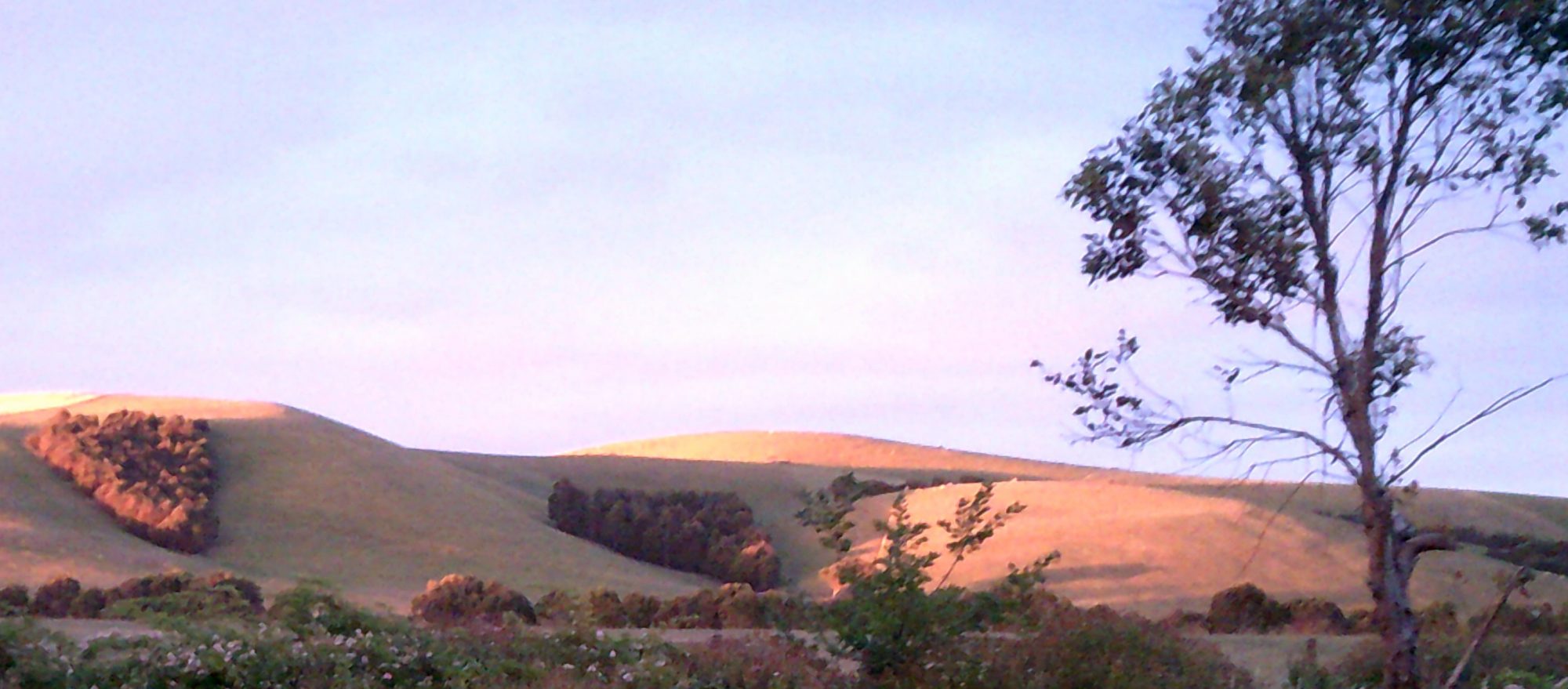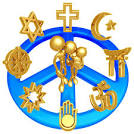
To see a World in a Grain of Sand
And a Heaven in a Wild Flower
Hold Infinity in the palm of your hand
And Eternity in an hour.
William Blake.
Last year I made the decision to give up teaching and go back to research. This time the study would be far more personal, it was more about retracing my roots. My intention was to write a book about my childhood, but as I began to think about what to write there was a bigger issue on my mind. Israel had just passed a law making the criteria for Israeli citizenship to be based on the Jewish faith and lineage. There are many people who can call themselves Israeli, but who are not Jews, many are Arabs, but there are other ethnic groups too and then there are the Reform Jews (those who take a modern view of religion) and who would find qualifying for citizenship in Israel a problem. It begged the questions what does it mean to be Jewish? And how true to Judaism’s modern ideals is the Jewish Bible? This would be the essence of my research.
When I was growing up the separation between Jews and Christians was based on differences in belief, but also on the alternative perspectives of history. For example: Those who were Christian placed a lot of importance on the Crusades, despite the fact that most of them were lost bloody battles. The Christian quest was always to secure power over the City of Jerusalem and its grand Temple, whoever ruled the Temple ruled the ancient world.
For the Jews, the religious story began long before the Crusades and there were many battles to secure a home and a Temple for worship. Moreover, for the Jews the Crusades were not a heroic campaign commanded by kings and saints, but a campaign of terror where thousands of Jews were tortured and killed alongside other believers of different faiths. Britain had a penchant for locating its grandeur on battles and wars. Britons mostly stemmed from a warrior culture.
The British put their battles to song and taught the words to children in schools. To this end, we hailed Jerusalem (albeit lost) in the same manner we hailed the British Empire, but neither were truly the property of the respectable Englishman. Wars are created by the rich and fought by the poor. Catchy tunes helped to spread the mythology of a valiant war in the past as they do today.
The British version of the Jerusalem story was written in a poem by William Blake that alluded to the possibility that Jesus the messiah had set foot on English soil. “And did those feet in ancient time” was the preface to Blake’s epic that had been based on a previous work by Milton. A Poem in Two Books, was a collection of writings known as the Prophetic Books (1804). Later it was known as the hymn “Jerusalem“, set to music written by Sir Hubert Parry in 1916. As children we sang the hymn Jerusalem every morning in school, but my Jerusalem was not the same city landscape as that beleaguered by the English Crusaders. “Jerusalem was a place in Heaven and it was yet to be built on earth”, so said the wise old woman who was my grandmother.
Few people actually knew the story that inspired Blake’s poems. They were prompted by the apocryphal story that a young Jesus, accompanied by Joseph of Arimathea, a tin merchant, had travelled to the region of Glastonbury, England. Jesus was said to have visited Glastonbury during the prophet’s unknown years. The poem’s theme could be linked to the Book of Revelation (3:12 and 21:2) describing a Second Coming, wherein Jesus establishes a New Jerusalem. [1]
And did those feet in ancient time,
Walk upon England’s mountains green:
And was the holy Lamb of God,
On England’s pleasant pastures seen![2]
This was not a theme for the Jews, but for the Christians. For the Jews, there was no second coming. For the Jews Jesus was not a Messiah, but a Zealot who had attempted to drive the Romans out of his country and thus had contributed to the Roman’s destruction of the second Temple, a Temple that had already been destroyed before and rebuilt on the site of a mosque. There zealots battled for a long time before the final Jewish War that was described in the classic book by Josephus. Some theorists believed that Jesus was crucified, not because he claimed to be the Son of God, but because he overthrew the tables of money changers in the Temple. Certainly, the crowds that gathered around Jesus would have been a threat to the Roman Empire who were already suffering from a string of failed Emperors.
The destruction of the second Temple had heralded in the building of the Christian churches, whereby the Roman form of Christianity introduced by Constantine had become the adopted religion of Great Britain. The Jews had lived in Britain since the 14th Century, but they were not given citizenship until 1829.
For Jews, it was hard to call England home and Jerusalem was, and always would be the home of a Covenant made between God and the Jewish people, first through Abraham and then through Moses. They had their own songs and poetry.
Such is the nature of literature to raise questions and draw out the deepest and most tenuous of emotions that reside in the human soul. In every word of Blake’s exhalations there is also the element of war-torn trauma. Blake responded to the Dark Satanic Mills, but after the Second World War there was another kind of trauma that became apparent, the Holocaust. It brought some groups of people together in pain and shame and divided others. Trauma impacts the world and the way we live our lives. With this in mind, my memories of my childhood are sometimes positive and at other times melancholy and I imagine these moods will be prevalent in moving forward with my research, which gives a impetus to Jewish history and Jewish life.
[1] William Blake https://en.wikipedia.org/wiki/And_did_those_feet_in_ancient_time Retrieved 1st January 2019.
[2]William Blake “Milton a Poem, copy B object 2”. The William Blake Archive. Retrieved 1st January 2019.
t a people that had somehow given me a sense of belonging.

